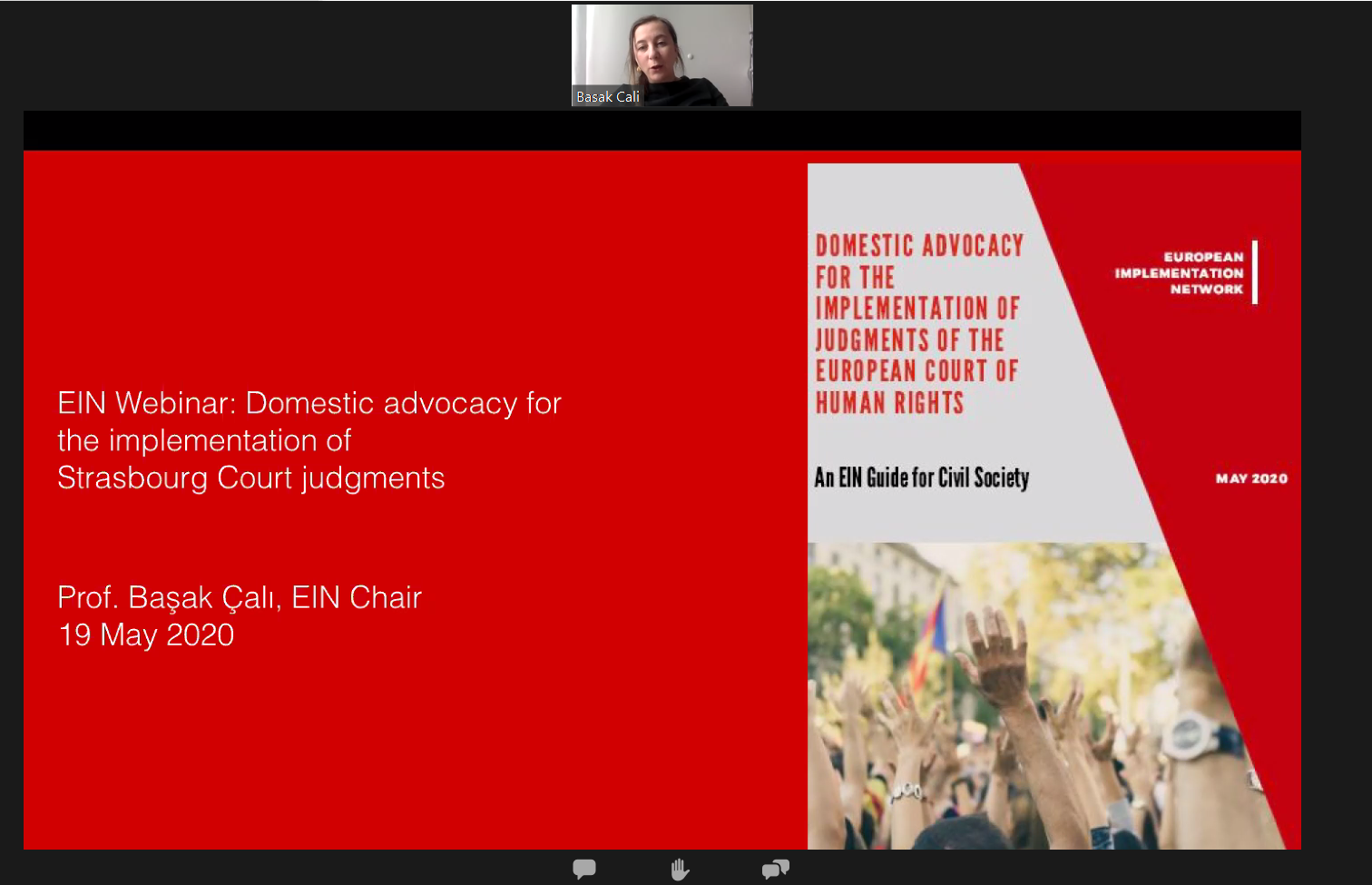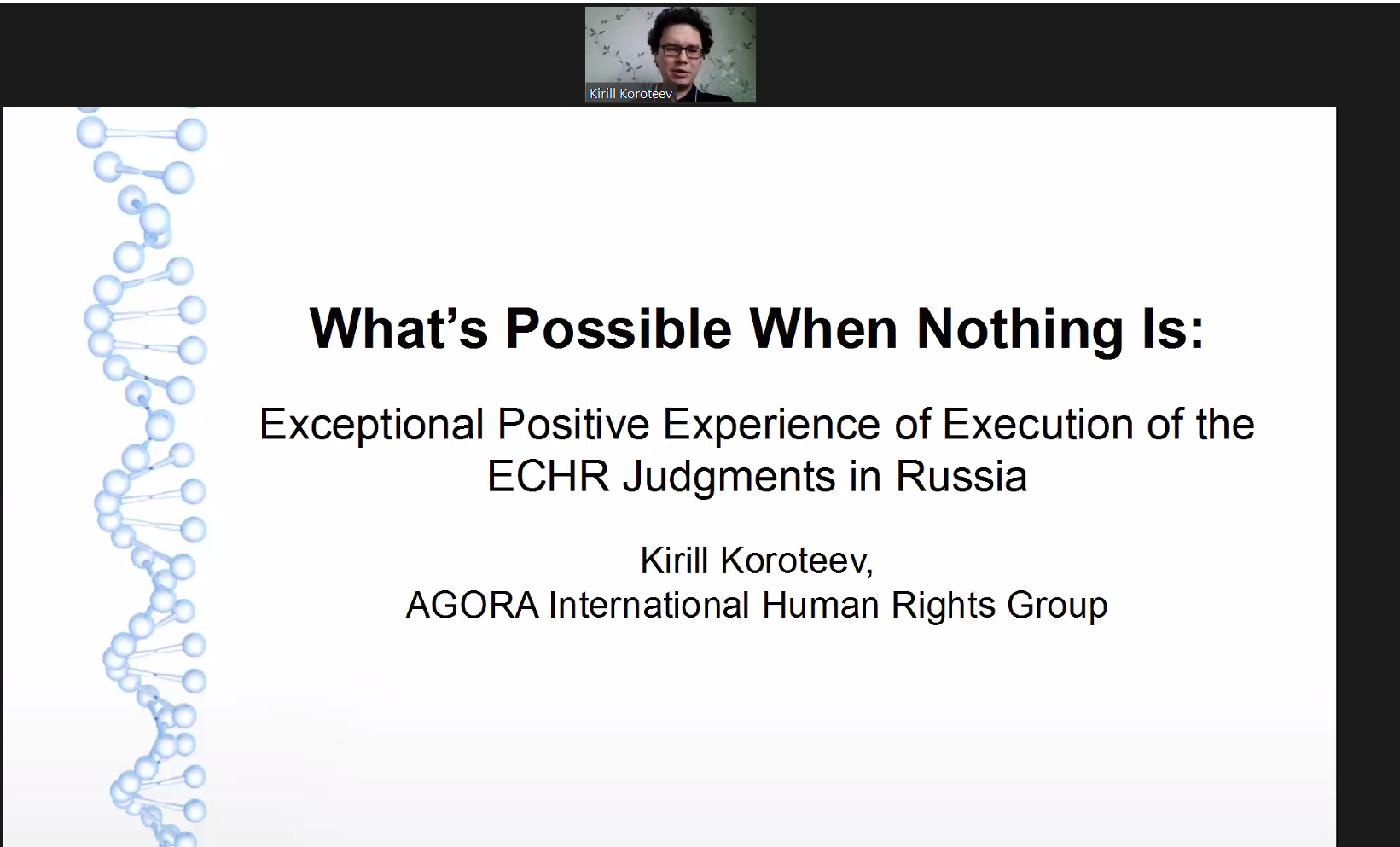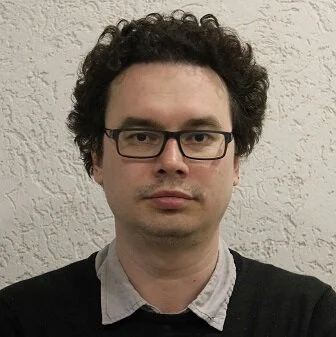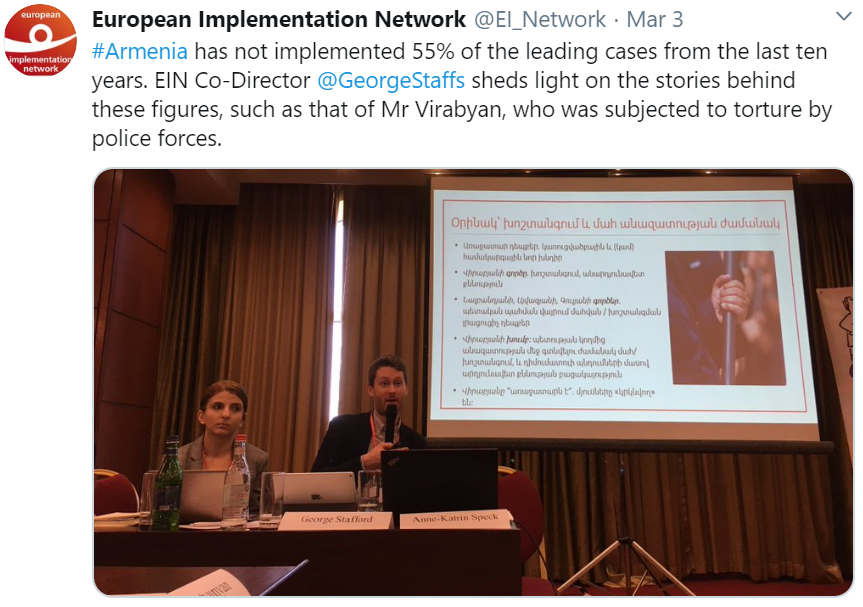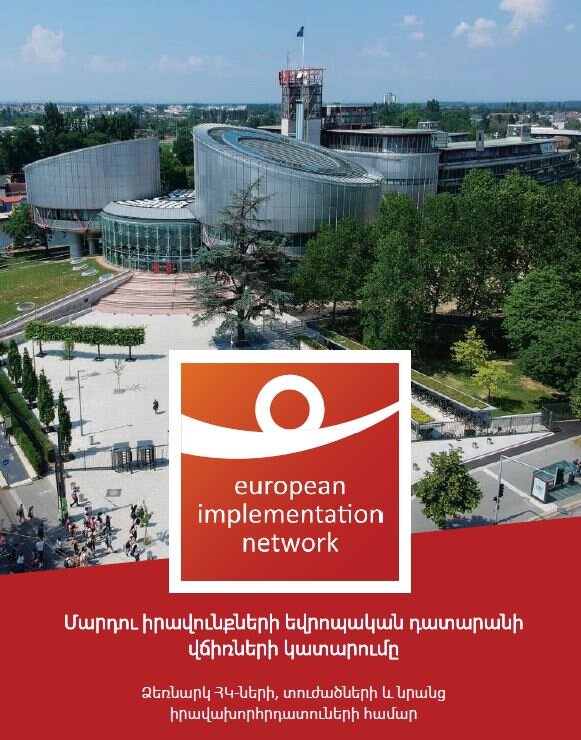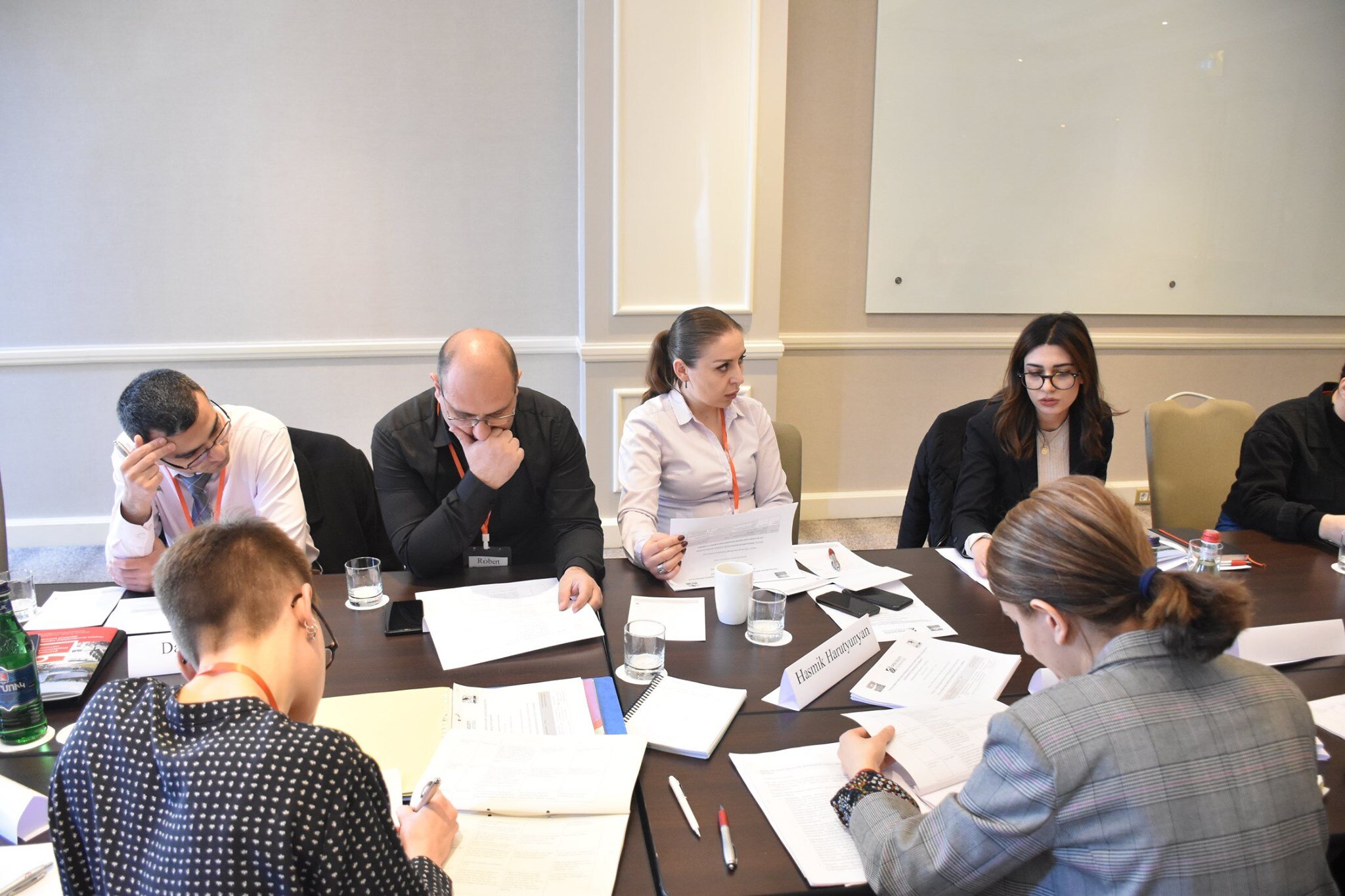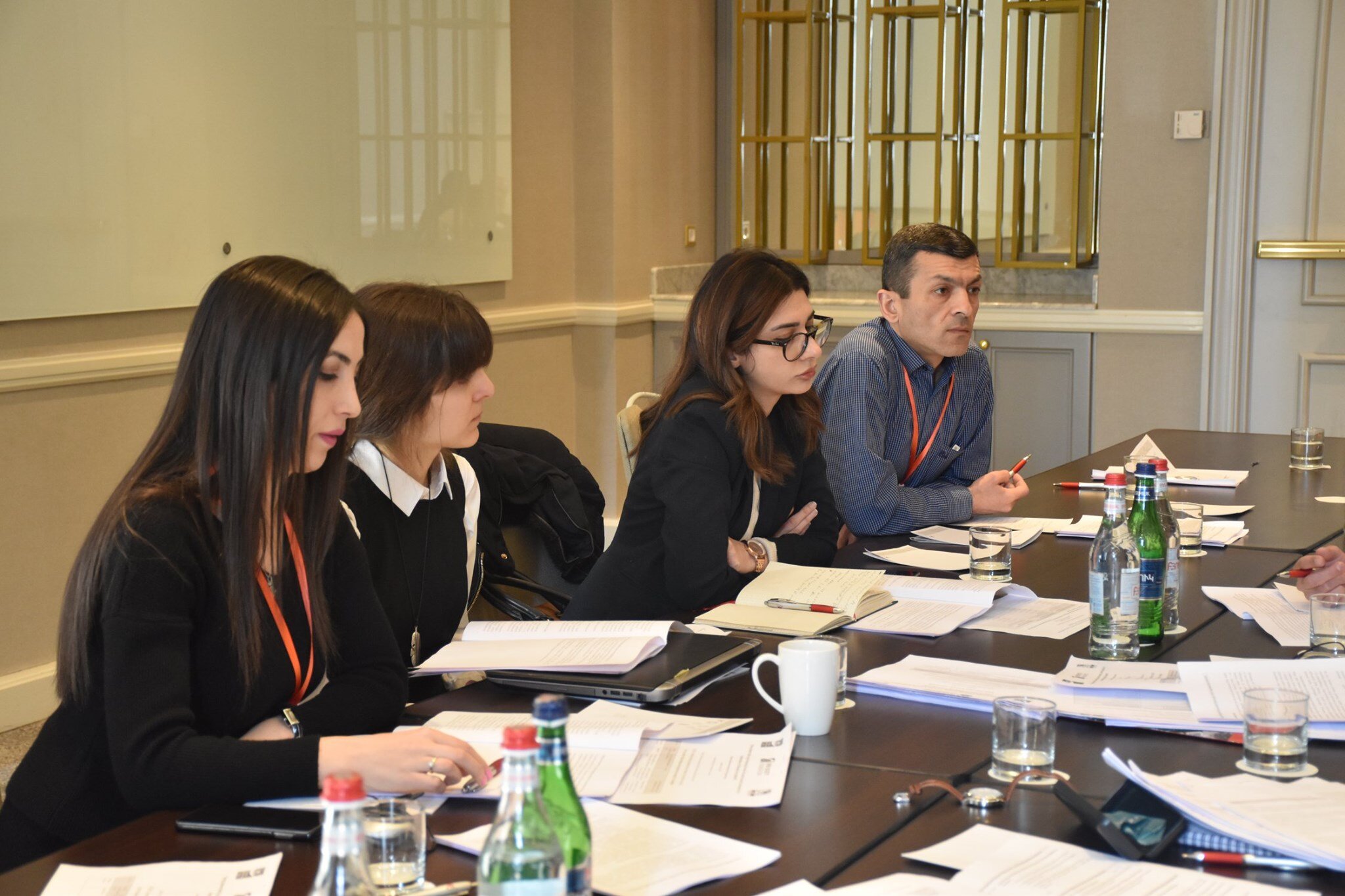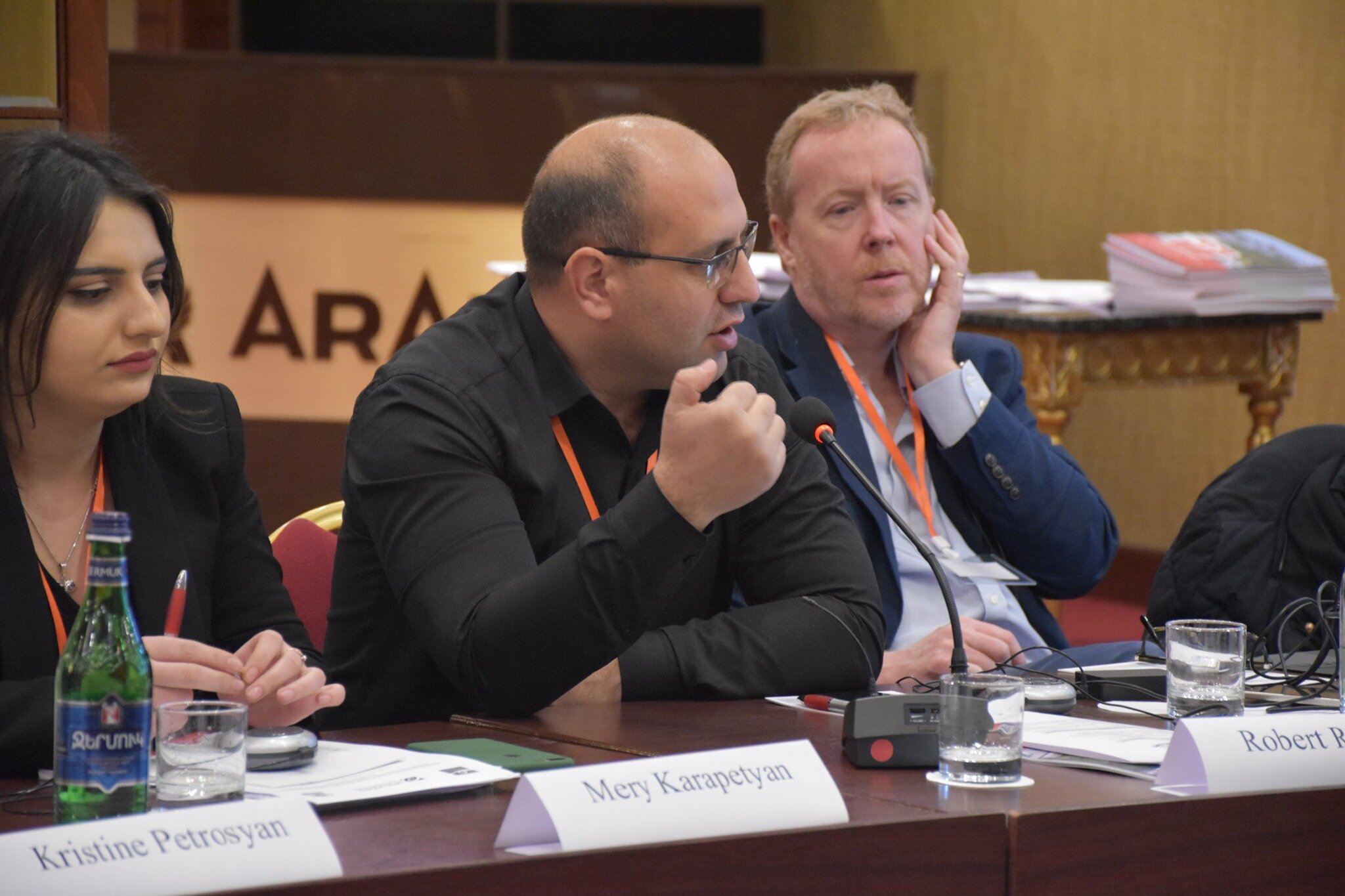But this figure also overstates the number of cases civil society should address, since some leading cases are implemented straightforwardly and promptly without the need for submissions.[7] Quantifying these cases would require a detailed study. However, the proportion of cases resolved relatively quickly by the Committee of Ministers provides a rough surrogate for this figure. Of leading cases closed in 2015 and 2016, approximately 30% were closed within two years, reducing the proportion we need to consider – in very approximate terms – to perhaps 70%.
This may also be too high. For example, some leading cases may not raise issues of such general concern as to merit intervention by civil society. In others, the facts as to whether or not implementation has taken place may be sufficiently clear without civil society intervention. Again, detailed studies would be required to quantify these and other factors. In the absence of such research, or any other way of quantifying this figure, let us – for the sake of argument - assume this reduces the proportion needing consideration to an entirely hypothetical figure of 50%.
Turning now to the figures for current NGO involvement, what follows is based on data accessible for the first time because of the launch in March 2017 by the Department for the Execution of Judgments of its database, HUDOC-EXEC.
As noted above, the combined figure for submissions by NGOs and NHRIs is only 80 to 90 a year. Further research shows that this is not a useful metric because some cases – particularly property related cases - attract a disproportionately high number of submissions, leaving the number of cases addressed much lower: HUDOC-EXEC data that I have analysed manually shows that NGOs made 182 submissions over the 2 ½ year period from January 2015 to June 2017, but only addressed 95 cases.
So far I have tried to identify the number of cases meriting NGO intervention by starting from the total population of cases - and eliminating categories of case based on increasingly wild assumptions. Another – very pragmatic – approach to try to reach a figure is by taking the intervention rate in the country where NGOs have achieved the highest rate of engagement, and assuming this, or something not too different, is feasible across all countries. Based on my analysis of HUDOC-EXEC data, this is Poland, where NGOs have engaged with 10 leading cases over the last two and half years, compared to 34 such cases pending at the end of 2016. In very approximate terms, a 25% level of engagement was achieved.
However, even this approach runs into problems because many states have excessively high levels of leading cases. The chart below compares leading cases by country pending at the end of 2016 with the number of cases addressed by civil society submissions over the two and half years up to June 2017. Bulgaria, Croatia, Italy, Moldova, Romania, Russia, Turkey, and Ukraine all had between 60 and (in the case of Russia) 204 leading cases pending at the end of 2016. It is perhaps too much to expect that NGOs in all these countries can be resourced to the point where they can engage effectively with a significant proportion of these cases.
In summary, it will have become evident that there is no easy answer to the question “what should be the level of engagement of NGOs in the execution of judgments process?”. The best that can be said is that, based on the (admittedly very broad) assumptions I have made above, in those countries where the number of leading cases is not excessive, a target level might be somewhere between 25% and 50%.
A by-product of my analysis of the HUDOC-EXEC data was to reveal the extent of involvement of NHRIs.This turned out – to me at least – to be inexplicably low. In the whole of the 2 ½ year period, NHRIs made nine submissions addressing just eight cases. Just eight.[8]
So what lies behind this under-engagement by NGOs and the NHRIs in the execution of judgments process? So far as NGOs are concerned, some reasons generally recognised are: a lack of knowledge about the execution of judgments process; the lack of transparency and remoteness of the process; and the fact that many cases are initiated by individuals without civil society support, so that NGOs may not be aware of them, or may not feel ownership of them. A further – and very important - factor is lack of resources. While no doubt a problem in most countries, lack of resources is likely to be a particularly serious concern for NGOs in those states with an excessive number of leading cases.
These explanations all no doubt also apply in the case of NHRIs. To them can probably be added, in some countries, a reluctance to challenge their national authorities in a high-profile international forum.
EIN will shortly be starting a programme of work addressing some of the concerns relating to NGOs, including training seminars, a handbook for civil society on engaging with the execution of judgments process, and outreach to civil society. The information assembled in this article suggests a number of further initiatives:
· The low engagement by NHRIs is a major issue. The European Network of National Human Rights institutions has Observer Status at the Steering Group for Human Rights (CDDH), and has published guidelines for its members on implementing ECtHR judgments. More is needed. The Office of the Commissioner for Human Rights has a mandate to “facilitate the activities of national ombudsperson institutions and other human rights structures” and would therefore seem to be the appropriate Council of Europe institution to encourage further involvement by NHRIs. So far as HUDOC-EXEC is concerned, the fact that statistics for NGO and NHRI submissions are shown as one figure conceals the extent of the latter’s under-engagement. Identifying NHRI submissions separately would be a useful step towards their greater engagement.
· As noted, increased resourcing for NGOs is very important, particularly in those countries with high levels of leading cases. There is a need to raise the awareness of funders of the strengths of the execution of judgments process, and the merits of targeting funding to support NGOs in this work. NGOs can play their part by including work on the implementation of judgments in their funding applications.
· HUDOC-EXEC makes it possible to identify new leading cases entering the execution of judgments process. This offers a mechanism for alerting domestic NGOs to new cases so that they can assess whether a particular case merits intervention in domestic and Council of Europe implementation processes, and if so, how this can be resourced. Recent statistics suggest new leading cases come through at the rate of approximately 20 per month.
[1] Throughout this article the term "execution of judgments" refers to the Committee of Ministers’ execution of judgments process. "Implementation of judgments" is used to refer to implementation at the domestic level, or the combined domestic and Strasbourg processes.
[2] The article is written in a personal capacity, and does not necessarily reflect the views of EIN.
[3] Supervision of the Execution of Judgments and Decisions of the European Court of Human Rights - 10th Annual Report of the Committee of Ministers – page 50.
[4] Ibid. – page 66.
[5] Ibid. – page 43.
[6] Ibid – page 47.
[7] This statement is based on my experience of cases involving the LGBTI community such as: Vallianatos and Others v. Greece (29381/09); Oliari and Others v. Italy (Application nos. 18766/11; Taddeucci and McCall v. Italy; and A.P. v. France (App. no. 79885/12).
[8] The NHRIs were as follows: Czech Republic - Public Defender of Rights; France - Commission Nationale Consultative des Droits de l'homme; Georgia - Public Defender of Georgia; Ireland - Irish Human Rights and Equality Commission; Serbia - Mediator; Slovenia - Ombudsman; United Kingdom - Northern Ireland Human Rights Commission; United Kingdom - Equality and Human Rights Commission.





